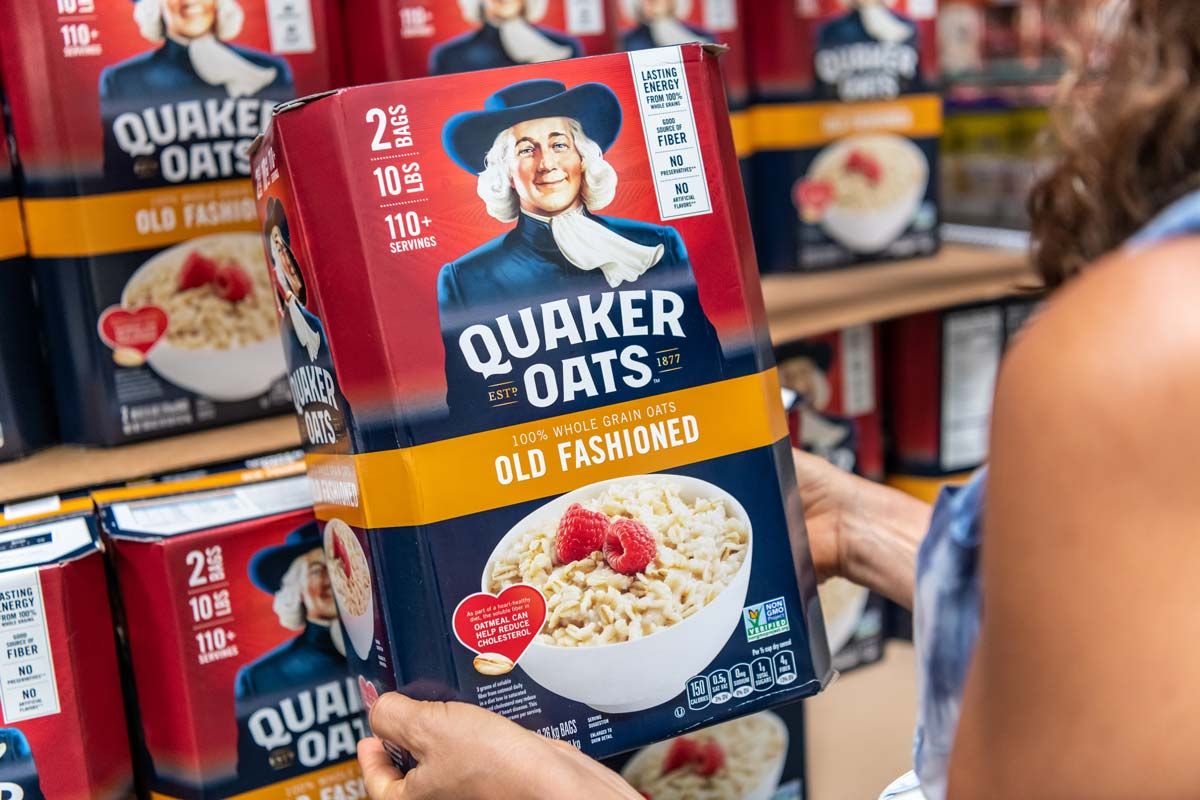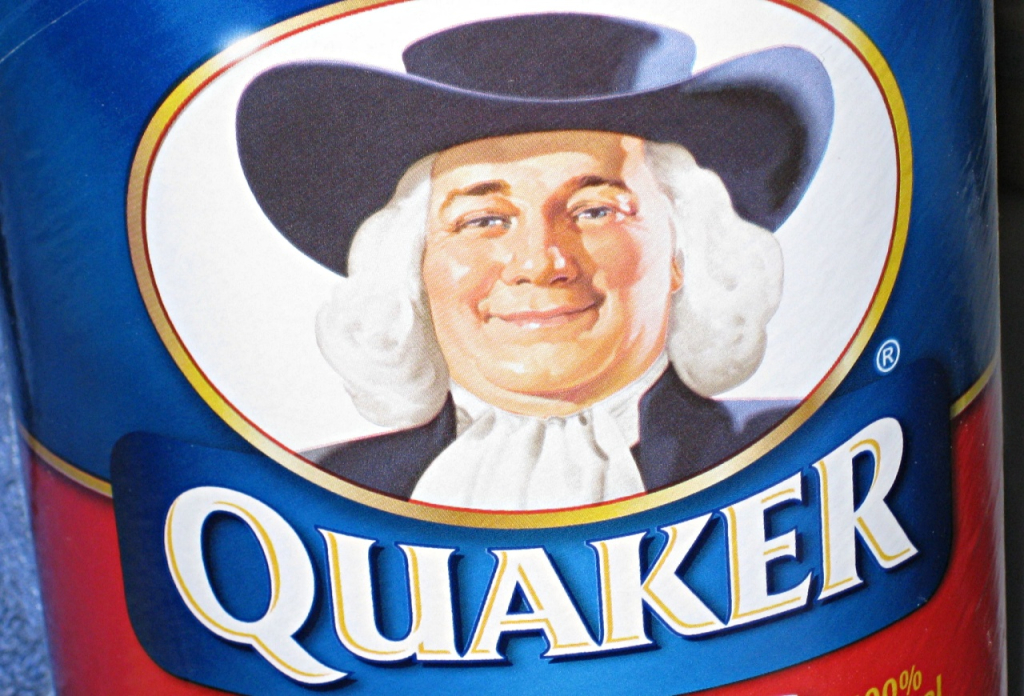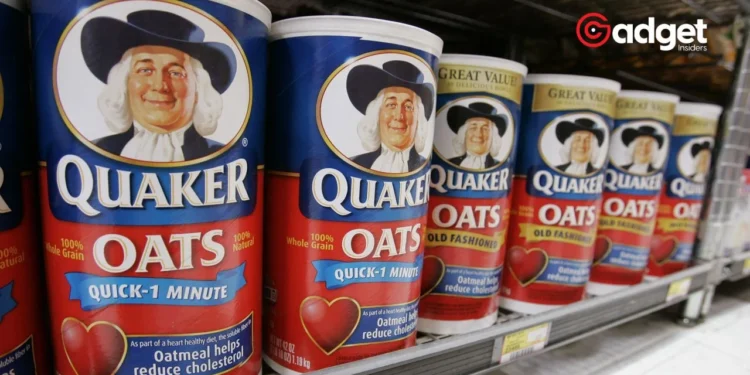In a move that has resonated across the food and beverage industry, PepsiCo has announced the permanent closure of its Quaker Oats factory located in Danville, Illinois. This decision comes in the wake of a salmonella contamination scare that forced the company to halt production last December, leading to a significant recall of certain granola products.
The closure marks a significant chapter in PepsiCo’s history, highlighting the challenges and stringent safety standards that major food producers must navigate in today’s market.

The Closure: An In-Depth Look
PepsiCo’s decision to close the facility was not made lightly. According to a statement released by the company, after a thorough review, it was determined that meeting future manufacturing needs would necessitate a prolonged shutdown for enhancements and modernization efforts.
“To continue the timely delivery of Quaker products trusted by consumers since 1877, we determined production would need to permanently shift to other facilities,” the statement elaborated.
The impact of this closure extends beyond the company’s operational strategies. It touches the lives of employees, their families, and the broader Danville community. PepsiCo has committed to paying its employees until June 8, the official closure date, and is working closely with local community officials to ensure a supportive transition for its workforce.

The Salmonella Scare and Its Aftermath
The trigger for this significant decision was a salmonella scare last December, leading to a pause in production and a recall of certain granola products. Salmonella contamination is a serious health risk, leading to symptoms such as fever, diarrhea, and abdominal cramps.
For a brand like Quaker Oats, known for its healthy and safe food products, such a scare can have a lasting impact on consumer trust and brand reputation.
In response, PepsiCo took swift action to address the issue, but the path to resuming operations at the Danville facility proved to be fraught with challenges. The company’s thorough review process ultimately led to the conclusion that a modernization of the plant would be necessary to meet future manufacturing needs – a process that would require an extended closure.
PepsiCo will close a Quaker Oats plant that was temporarily shuttered during a recall of granola products in December 2023.https://t.co/SKaA5v2PxE
— ClassAction.org (@ClassAction_org) April 8, 2024
Economic and Community Impact
The closure of the Quaker Oats facility in Danville is a significant economic blow to the local community. The factory has been a staple of the Danville economy, providing jobs and supporting local businesses. The loss of this facility not only affects PepsiCo employees but also has a ripple effect throughout the community.
Mayor Ricky Williams Jr. and local government officials have expressed their concerns and are actively involved in discussions with PepsiCo to mitigate the impact of the closure. The company’s commitment to a supportive transition for its employees is a positive step, but the long-term effects on the Danville community remain to be seen.

Looking Ahead: The Future of Quaker Oats and PepsiCo
Despite the closure of the Danville facility, PepsiCo remains a titan in the food and beverage industry, with a diverse portfolio of products and a strong global presence. The decision to shift production to other facilities is indicative of the company’s resilience and adaptability in the face of challenges.
The salmonella scare and subsequent factory closure serve as a reminder of the importance of food safety and the potential consequences of contamination. For PepsiCo, this moment may represent an opportunity to reinforce its commitment to quality and safety, and to rebuild consumer trust in its Quaker Oats brand.
As the company moves forward, the lessons learned from this episode will undoubtedly shape its future strategies and operations. For the food and beverage industry at large, PepsiCo’s handling of this situation offers valuable insights into managing crises, safeguarding public health, and maintaining consumer confidence in the face of adversity.










